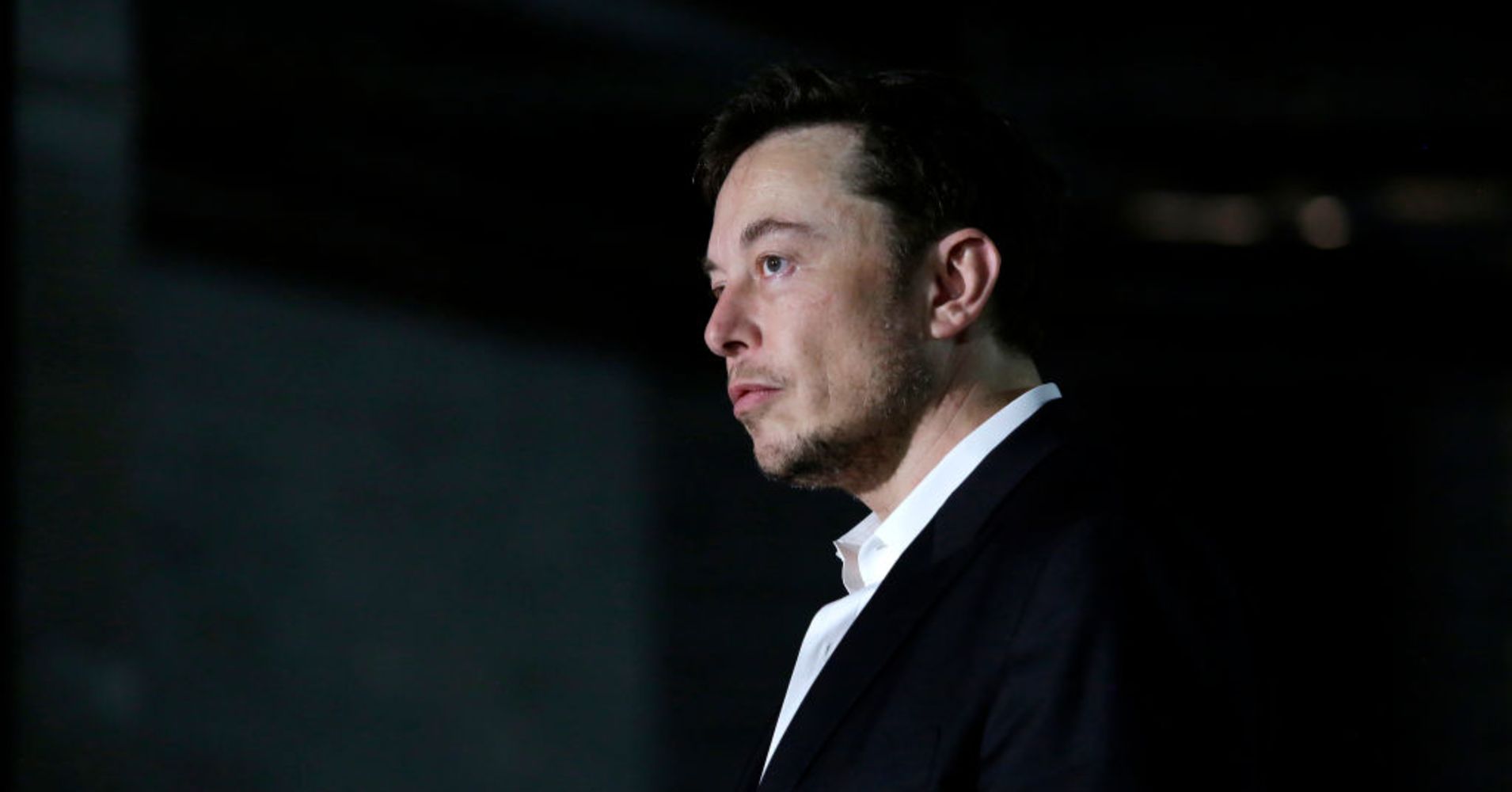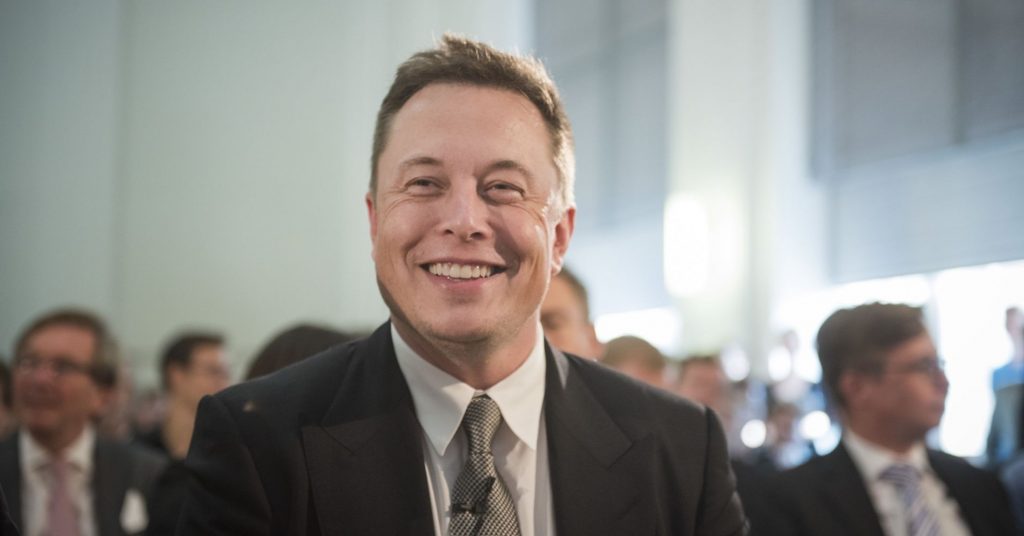
Wall Street analysts have some serious doubts about Elon Musk’s going-private proposal for Tesla, which was revealed in a shocking tweet out of left field by the electric carmaker’s CEO on Tuesday.
There are three statements by Musk specifically that the analysts have an issue with, but nonetheless they maintain that he is the company’s chief executive officer and so they must take him seriously and begin to incorporate the possibility of going private into their models.
In the original Tweet that started it all, Musk stated the takeout price at $420 and that funding was already secured.
“Disclosing news of this nature via twitter is unprecedented and, according to a former [Securities and Exchange Commission] chairman, may constitute fraud if Tesla does not already have the financing lined up,” wrote UBS analyst Colin Langan. “The deal would likely require participation from numerous banks and institutional investors, and we think it likely that news of the deal would have leaked had Tesla already held discussions to secure funding.”
Langan, who has a “sell” rating on the stock, linked to comments by former SEC Chairman Harvey Pitt.
“If his comments were issued for the purpose of moving the price of the stock, that could be manipulation, it could also be securities fraud,” Pitt told CNBC on Tuesday.
A number of Wall Street banks contacted by CNBC were not aware of any deal nor had committed to funding a leveraged buyout of Tesla.
Bank of America Merrill Lynch gave Musk a little more credit but was still just guessing as to who could be funding the deal outside of the normal channels.
“Ultimately, we view today’s announcement as having substance given what appears to be at least three potential sources of capital (existing shareholders, Saudi Sovereign Wealth Fund, Chinese government and investment funds),” wrote Merrill’s John Murphy, who nonetheless still has a an underperform rating on the stock.
Tesla spokesmen said they would have no further comment about the funding beyond the blog post.
After the stock was halted, Musk tweeted out the Tesla blog post by him giving more of his thoughts. Accompanying that tweet he said on Twitter, “Investor support is confirmed. Only reason why this is not certain is that it’s contingent on a shareholder vote.”
J.P. Morgan’s Ryan Brinkman wrote:
Musk “followed up by further statements that ‘funding has been secured’ and ‘investor support confirmed’. As surprising to us as these developments are, and as lacking as the statements are in any details regarding who is expected to provide the required amount of financing and on what terms, they are nevertheless declarative statements from the CEO of a public company which we feel should be considered seriously.”
It was unclear which investors Musk was referencing. Brinkman has an “underweight” rating on the stock.
To be sure, many of the largest shareholders are supportive of Musk. Baron Capital’s Ron Baron, who owns about $572 million worth of Tesla, told CNBC after Musk’s announcement he would support the going private deal. He also said he had not discussed any financing with the company.
“Shareholders could either to sell at 420 or hold shares & go private,” Musk wrote on Twitter.
He gave more details in another tweet:
Analysts have their doubts this could be the case.
“In Tesla’s official blog post and in responses on Twitter, Elon envisioned that all current shareholders could remain as investors within a private version of Tesla, via a Special Purpose Vehicle (SPV) –this includes retail investors,” wrote Bernstein’s Toni Sacconaghi. “We briefly spoke with securities lawyers, and we do not believe there is any precedent for a public company going private while maintaining its shareholder base of retail (non-accredited) investors, given regulatory limitations.”
Sacconaghi has a market perform rating on Tesla.
“The capital structure is the most uncertain element about this development revealed via Twitter, as an LBO model would not work if existing investors were to remain as Mr. Musk claims they will,” wrote Cowen’s Jeffrey Osborne.
The Cowen analyst, who has an ‘underperform’ rating on the stock mentioned another wrinkle for Musk.
“It is also unclear if current publicly traded debt would remain public, which would in turn continue to require financial reporting in the public domain and make the company subject to the quarterly scrutiny it is trying to avoid,” Osborne wrote.
— With reporting by Lora Kolodny, Robert Ferris, Tae Kim and Elizabeth Moyer

